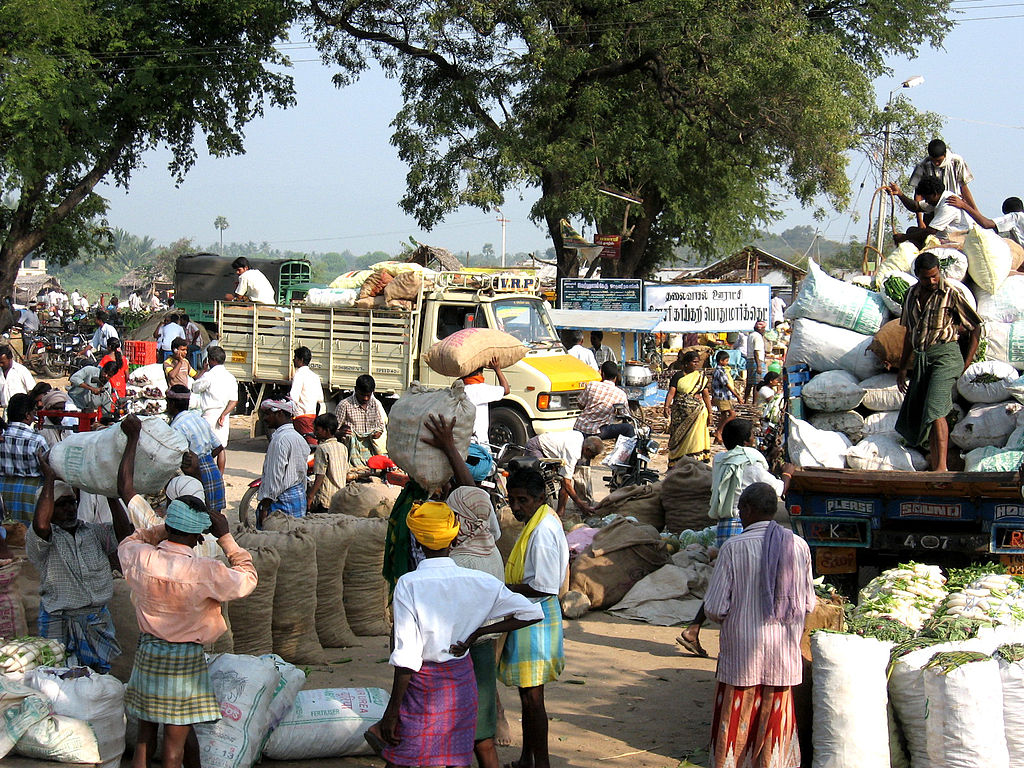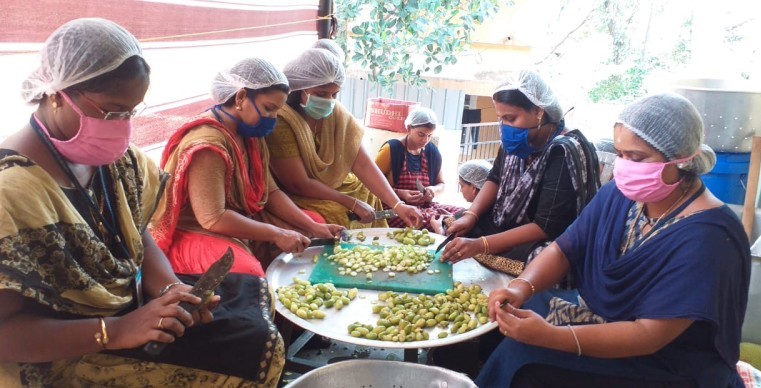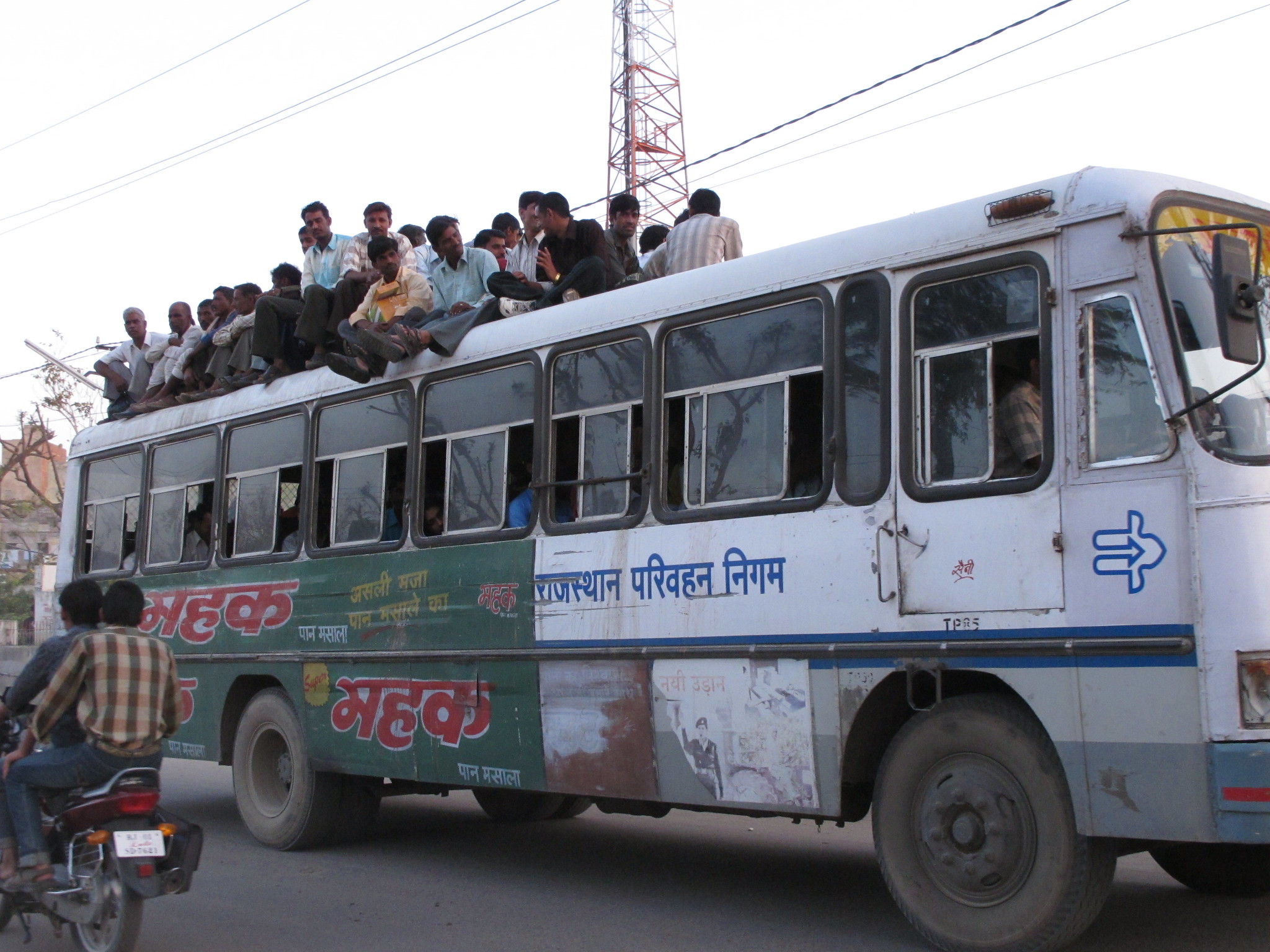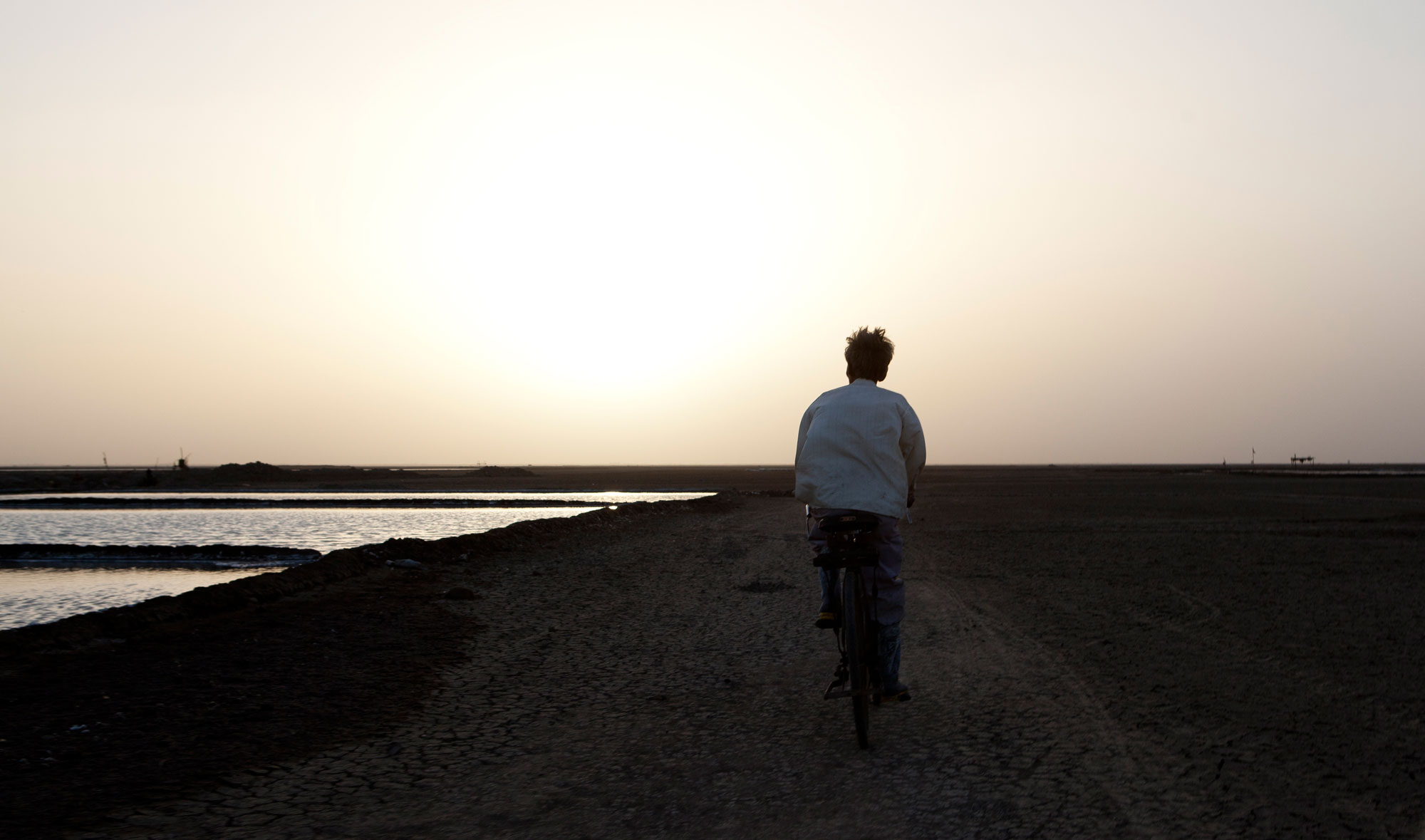We find ourselves in the middle of a crisis that is changing shape every week; and as it unfolds, we are witnessing large sections of the Indian population being stripped of their basic needs of food and shelter. There must be very few of us who are unmoved and unaffected by what we are seeing—heart-wrenching images of thousands of migrants walking home, sitting in line for hours to get their first meal in days, and crowds waiting for buses to take them home.
As people react to the situation around them, we are also seeing them make generous contributions towards food supply, ration, and support of other kinds. At EdelGive Foundation, we have been getting requests like never before, to quickly connect funders to organisations working on supplying food or direct cash for daily wage workers. Needless to say, our portfolio organisations have been our guide during this time, and we have taken, and continue to take lessons and direction from their inputs and their responses.
Related article: How funders can respond during COVID-19
We are drawing upon their knowledge and experience at the grassroots and taking direction from their inputs and responses to the situation. Based on this guidance, here are some learnings and examples from our portfolio organisations that are helping us direct our support better:
1. Go local
As the effects of the crisis hit us, grassroots networks have been activated, with their feet-on-street cadres risking their health and lives to ensure relief reaches the most vulnerable. These networks operating through nonprofits, are mostly regional or even local, thinly staffed with meagerly paid employees, sometimes highly dependent on volunteers. During this period of crisis, we, as funders, will have to let go of our preference for scale, and focus on how to nurture and strengthen these local networks to fight this battle which will be tougher and longer than we initially anticipated.
- Shram Sarathi is facilitating cash transactions for migrant workers at the destination sites across Udaipur district, Rajasthan. They are also coordinating with local grocery shop owners to provide food material and other essentials.
- GRAVIS (Gramin Vikas Vigyan Samiti) is working in the difficult Thar desert region, through a 24×7 hospital which is catering to the needs of the community. They are raising funds for Personal Protection Equipment (PPE) kits which include caps, masks, shoes, gloves, and glasses for the medical team, along with masks and sanitizers for the community. They are also preparing for distribution of food and relief material in the villages, as they anticipate households approaching food insecurity.

During this period of crisis, we, as funders, will have to let go of our preference for scale, and focus on how to nurture and strengthen local networks to fight this battle. | Picture courtesy: Wikimedia Commons
2. Use principles of disaster management
Looking at COVID-19 from a disaster-lens, I fear that we run the risk of funneling all our resources into relief and rescue, while ignoring the critical component of rehabilitation.
Large funders should set aside some of their energies and funds for the longer haul.
So, while large commitments to manufacturing masks and sourcing ventilators are welcome—and much needed, we also need to think about those who are on the brink of vulnerability to the virus, and those struggling with hunger and homelessness. Rehabilitation would ensure that the homeless, hungry, and jobless get self-employed or re-employed and have access to food and income security. With this in mind, large funders should set aside some of their energies and funds for the longer haul.
- Goonj is using their knowledge about disaster management to prepare for the return of migrant workers to their villages. In addition to looking at ways they plan for longer-term impact, they are putting together family kits containing dry ration and personal care materials that they aim to distribute to affected families.
- CMS (Catalyst Management Services) and its group organisations are leveraging their experience of working in humanitarian emergencies such as the 2004 tsunami, Cyclone Gaja, and so on. They have developed and promoted The COVID-19 (Response) Action Collaborative, which is working towards supporting stakeholders to collaborate, coordinate, and integrate the response to the pandemic.
- GVCS (Gramin Vikas Evam Chetna Sansthan) based in Barmer, Rajasthan is applying their skill of applique art and crafts in working with local communities to stitch masks and distribute them, specifically to police officials, petrol pumps attendants, and vegetable vendors.
Related article: Latest news and updates on COVID-19
3. Encourage, support, and amplify unlikely collaborations
Necessity is the mother of invention, and also collaboration. It is difficult for social purpose organisations alone to address the logistical and strategic hurdles that come in the way of achieving reach. We therefore need partnerships of all kinds if one is to adopt an agile approach and keep one’s focus clearly on the end goal.
- CORO (Community of Resource Organisations) has partnered with D-Mart to supply 15 kg worth of rations each to 400 daily wage earners who have been badly impacted by the slowdown in and around Mumbai.
- Safa in Hyderabad has partnered with Zomato to enable smooth distribution of food products to those in need.
4. Listen, adapt, and act
Lastly as funders, it is most critical to respond to voices from the field. We need to re-look at budgets and ensure that whatever support is given, is done in time. This could mean funding something as direct as ventilators and masks, or costs as indirect as HR, administrative expenses, utility bills, and so on. As the pandemic takes its course over the next few months, we will need to review initiatives periodically, keep adapting and changing what is not working, and continue providing support wherever required.
- Pragati, Koraput is working in the rural areas of Koraput, Odisha and preparing for the return of a significant number of workers back to the villages. Arrangements for their stay and food in temporary shelters are being provided, with a 14-day isolation period. At a field level, they are also sensitising the community on the basic sanitation practices, physical distancing, and following the advisory issued by the government.
At this time, we really don’t know how or when the dust will settle. As we monitor the course this virus takes and how the crisis eventually unfolds, we can work to ensure maximum impact by taking decisions that are need-based, quick, and targeted in nature.
Disclaimer: IDR is funded by Edelgive.
—
Know more
- Explore this interactive data dashboard, which tracks India’s efforts to respond to COVID-19.
Do more
- Check out this curated document of initiatives by different organisations to support communities that are facing the brunt of the pandemic economically. It contains the names of organisations, the way they are helping the community, the region they are working in, and how you can contribute.





